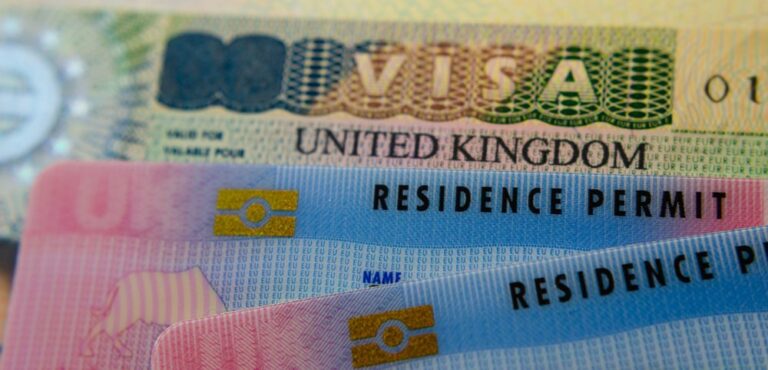Unmarried partner appeal allowed at First-tier Tribunal (IAC)

20.12.2021
Our client, a national of China, came to the UK as a student in 2001. After her leave expired she remained in the UK. Shortly afterwards, she entered into a relationship with a British national.
In 2018, having been in a relationship for many years, our client applied for leave to remain on the basis of her family and private life, on the grounds that she was the unmarried partner of a British national.
The application was refused by the Home Office and our client lodged an appeal. The Tribunal failed to list our client’s appeal after some time and, concerned as to what to do next, she approached Sterling Law.
A further appeal against the refusal was then lodged by Oksana Demyanchuk providing reasons for it being out-of-time and an appeal hearing was listed by the Tribunal.
Evidence was then complied to demonstrate that our client had developed a family and private life with her partner, his children and grandchildren in the UK. Furthermore, evidence was put forward that would face very significant obstacles to integration into China for a number of reasons.
It was also put forward that our client’s family life would be disproportionately affected by any removal because she could not return to China with her partner as a couple for many reasons, for example, one reasons put forward was the fact that her partner was a business owner in the UK and the disruption caused to his business by him leave the UK wold be devastating.
It was submitted on behalf of our client, given all the evidence provided, it would constitute a breach of our client’s Article 8 ECHR rights to remove her to the UK and therefore, the Home Office decision to refuse her application was unlawful.
The Judge of the First-tier Tribunal agreed, finding that:
When considering the issue of proportionality, I note that there is a strong public interest in the maintenance of effective immigration controls, a statement of principle given statutory effect in every question of immigration control arising under the Immigration Acts. However, given the insurmountable obstacles [her partner] would face combined with the fact that the appellant has not been to China in nearly 20 years, has no relatives to offer the couple support should they return, the lack of ties to China and all the other evidence in the round, I find that the respondent’s decision does amount to a disproportionate interference with the appellant’s family life and private life and is, therefore, unlawful under section 6 of the Human Rights Act 1998.
Therefore, the appeal was allowed on human rights grounds and under the Immigration Rules and after many years, our client’s status in the UK is now secure and the couple can continue their life together in the UK.







